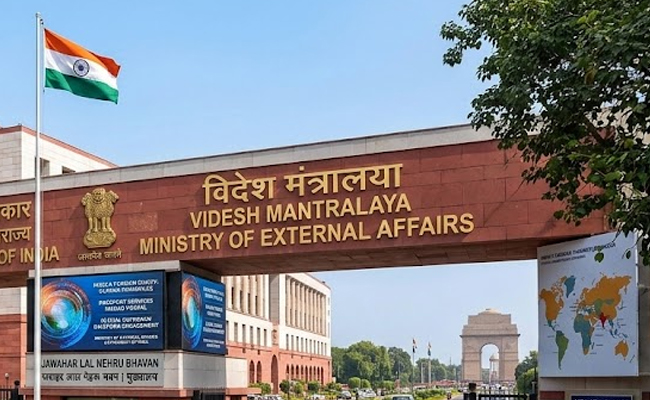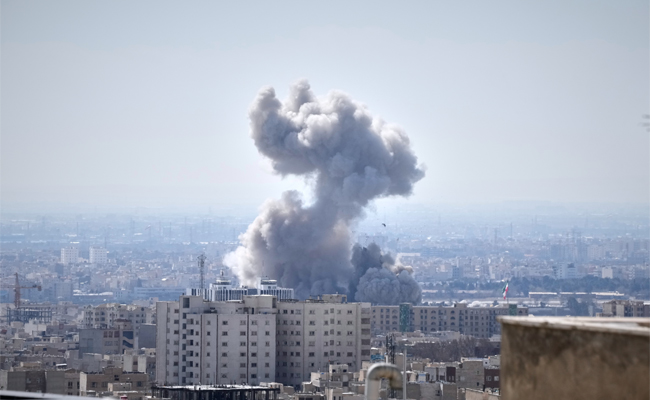Dhaka, Sep 11: Bangladesh on Tuesday urged the international community to put more pressure on Myanmar to provide a permanent solution to the Rohingya refugee crisis and ensure their safe return.
Over 700,000 members of the mostly-Muslim Rohingya minority fled sectarian violence in Rakhine state in western Myanmar in August 2017 following a Rohingya rebel attack on government outposts and a subsequent military crackdown.
"Our past experiences suggest that Myanmar does not fulfil its obligations unless pressurized by the international community," Bangladesh's deputy minister for foreign affairs Shahriar Alam said during the presentation of a report on Rohingyas by Oxfam in Dhaka, Efe news reported.
The report was titled "One Year on: Time to put Women and Girls at the Heart of the Rohingya Response".
"We believe the strong public opinion around the world that seeks accountability of the perpetrators would help Myanmar address the root causes of the Rohingya problem and take effective measures for ensuring basic needs of the Rohingyas when they return to their homes," he said.
International pressure led Myanmar and Bangladesh to sign a deal on November 23 to repatriate Rohingyas, according to which the return of the refugees should have started on January 23.
The formal repatriation process has yet to start nine months since the deal was inked.
"The Myanmar authorities must demonstrate a strong political will as well as visible actions to address the discrimination against the Rohingyas," Alam said.
The minister said that the international community needed to keep applying pressure on Myanmar in order to gain access to Rakhine state so that the needs of Rohingya women and girls can be adequately addressed once they return to their homes.
The authorities in Myanmar do not recognize the Rohingyas as citizens and denies them basic rights, considering them instead to be Bengali immigrants.
Let the Truth be known. If you read VB and like VB, please be a VB Supporter and Help us deliver the Truth to one and all.
Palamaneru (Andhra Pradesh) (PTI): Five members of a family from Bengaluru died on the spot after the car in which they were travelling to Tirupati rammed into a stationary truck in Chittoor district on Wednesday, a police official said.
The deceased included three women, and the accident occurred on the four-lane highway near Palamaneru at around 8.45 am on Wednesday, police said.
"Five members of a family travelling from Bengaluru to Tirupati were killed on the spot when their car rammed into a stationary truck near Palamaneru," the official told PTI.
According to police, the accident is suspected to have occurred due to overspeeding and the driver possibly feeling sleepy.
Meanwhile, relatives of the deceased have been informed and are on their way to the accident site, the official added.





